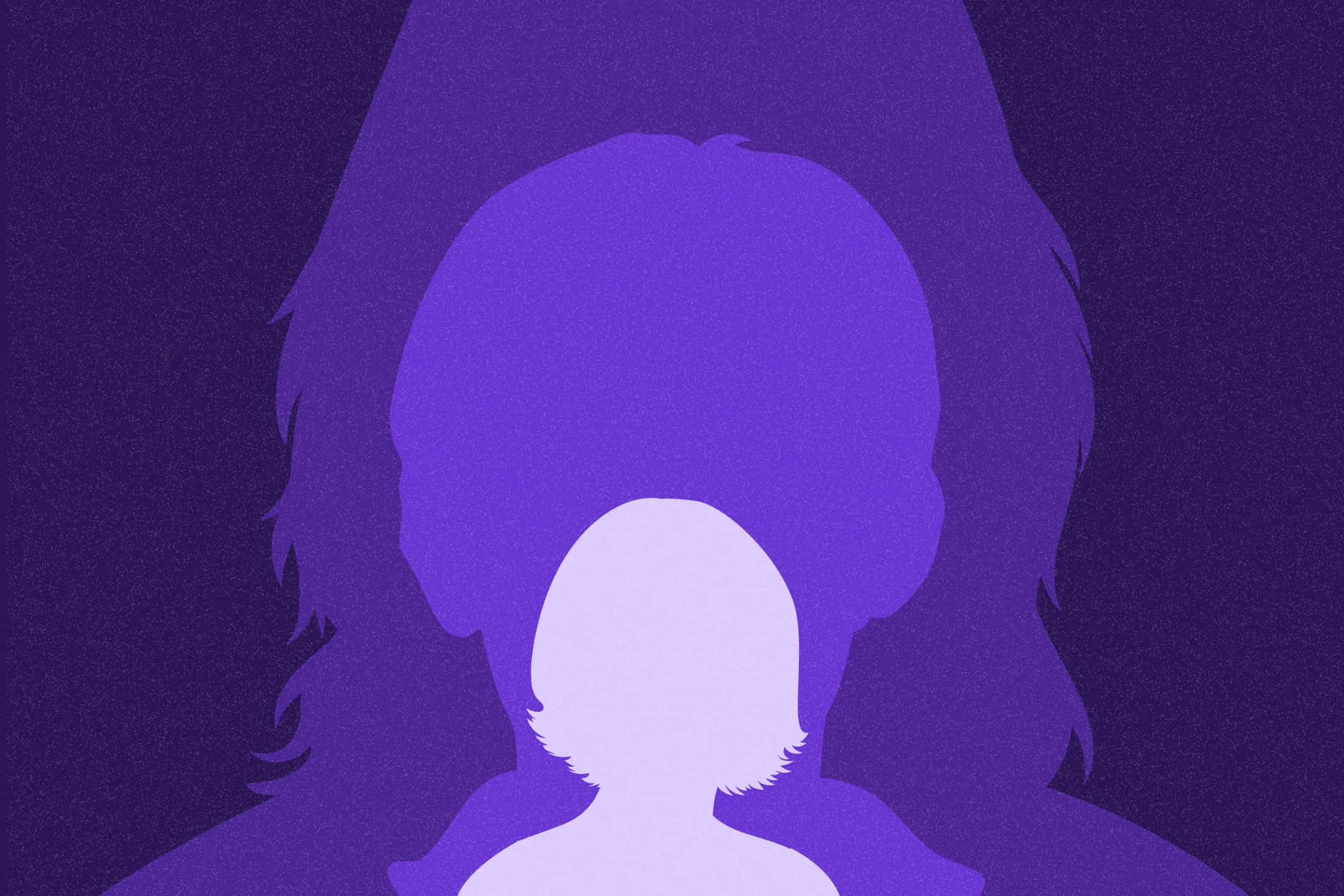
Business
“Becoming a mentor helped me see my own value.”
6th March 2025
24th March 2020
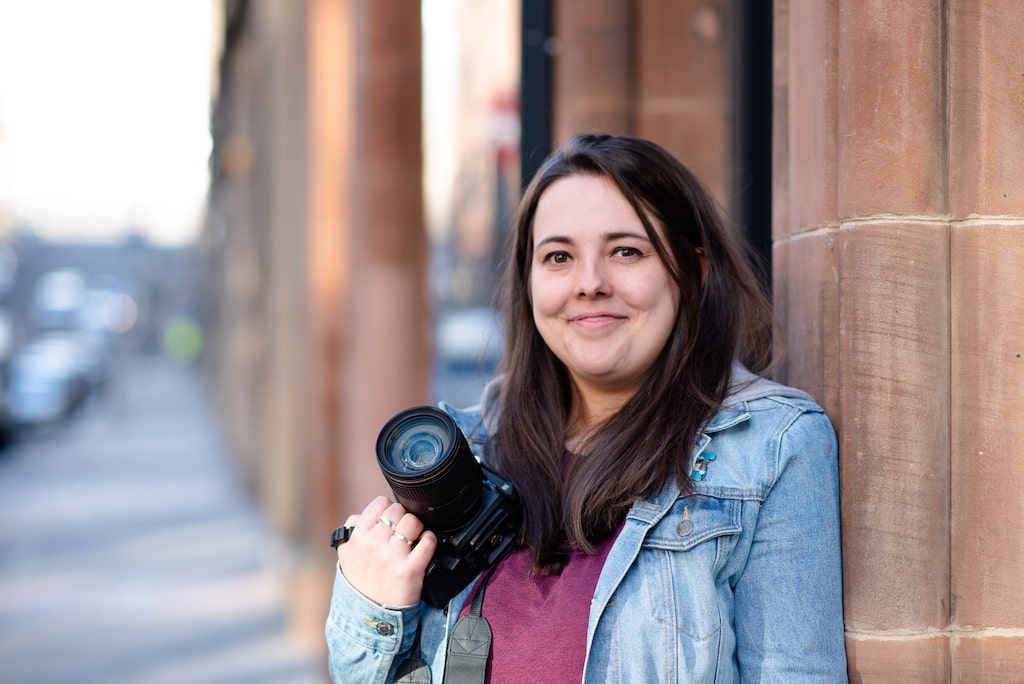
Lucy became a Starling customer a few months after going freelance in September 2018. “I dipped a toe in the water of freelance photography, then went back out and sorted a logo, website and registered for self-assessment tax returns. It was eight weeks before I officially dived into the pond of freelance.” She fell back on her savings to pay the bills and did a few free shoots to build up her portfolio before securing her first client.
Since then, she’s worked with dozens of clients. But like many freelancers, she’s now entering a period of uncertainty, due to the outbreak of the coronavirus. "I have already had many cancellations over health concerns from clients taking precautions," she says.
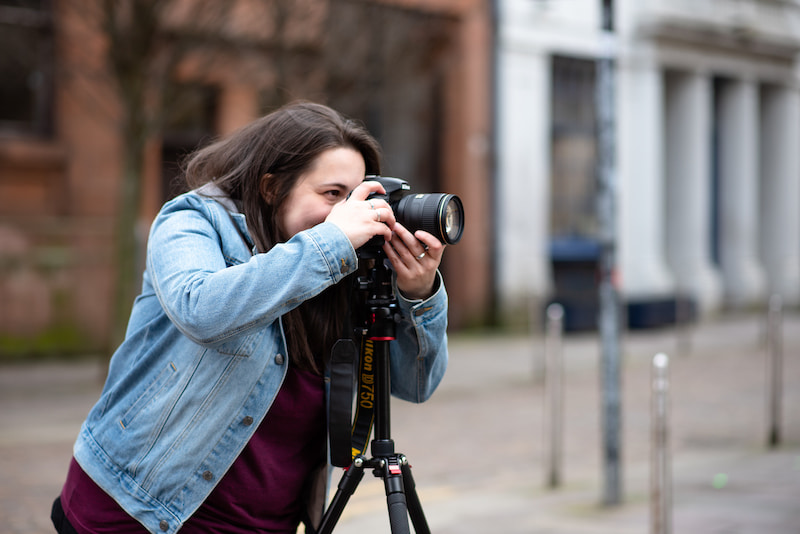
Her advice is to tap into the support of the online freelance community. "It gives you a sense of comradery - join groups such as Freelance Heroes and Being Freelance. It’s a comforting space where there are no stupid questions and everyone you chat to feels like a colleague," she says.
She also encourages all freelancers to keep marketing and building brand awareness. "As more people are stuck indoors, they will be online more, so make sure you have great content and information to share on your services. In downtime, work on your website, build a social media plan and keep in touch with your clients because they will be feeling it too!"
Lucy, 29, started taking photographs through the restaurant her family ran in Inverness, where she grew up. “In 2005, Twitter had just come along. Within two years, it was Facebook and later, it was Instagram,” she explains. She began running the social media for the restaurant. “It’s really important to have photographs that support your words.”
When she finished school, she decided to do her undergraduate degree in professional photography at the University of the West of Scotland. “By second or third year, the iPhone had such a good camera that I thought a career in digital photography would be out. I spent the rest of my time doing analogue photography, which means working with film. There’s no display screen so you need to get the setting just right before you click the shutter. Then you take the film out and process it.”
After graduating in 2012, she worked for various agencies in design, advertising and event management roles. “I learned a lot about social media, office management, brand guidelines and working with clients.” One of her clients was Lux Events, who organised Michelle and Barack Obama’s first visit to Scotland.
In 2018, she decided to try working for herself. Her advice for anyone making the transition between full-time employment and self-employment is to understand exactly what you’re signing up for. “Above and beyond the work, you’re running a business - social media, business development, accounting. There are expenses that come from running a business before you make money,” she says.
“There is no typical day - none whatsoever. With wedding photography, your diary could be booked up months in advance. But with commercial photography, it’s never like that. It’s all very reactive. That’s why I have a process for getting clients on board with a brief so that I know what they want from me. I go into much more detail than some photographers do - I ask about their service, their USP and really understand the branding they have in place so the photographs complement that.” For Lucy, the more she knows about the business and the brand, the better the photographs will be.
Being a freelancer doesn’t mean that you have lots of free time. “Some people think we sit at home in our pyjamas watching Netflix,” she says. But this is not the case. Freelancers are running a business.
When it comes to photography, she has a clear goal: “Photography means painting with light. My main goal is to understand that. You need to get used to working within different light conditions - don’t put the camera down if you are serious about making a living from photography. Keep learning.”
For many people, going freelance will force them to face their fears. “One of the scariest things for me going freelance was understanding how to handle money as a business and if I’d set enough aside to pay my tax bill.”
One of the first steps for freelancers is to register for tax self-assessment with HMRC. Lucy uses two tools to help her: a Starling business account and QuickBooks online accounting software. QuickBooks is one of many services available in the Starling Marketplace, the space in the app for third-party products and services to help your business.
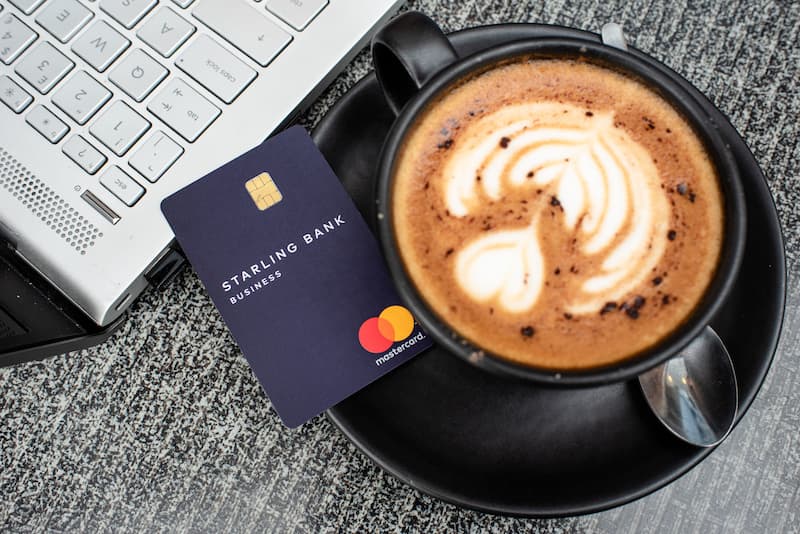
“Both Starling and QuickBooks have been total lifesavers. They make money management really simple with the design of the websites and apps. If I can do it, anyone can.”
To have a look at Lucy's portfolio, check out her website.

Business
6th March 2025
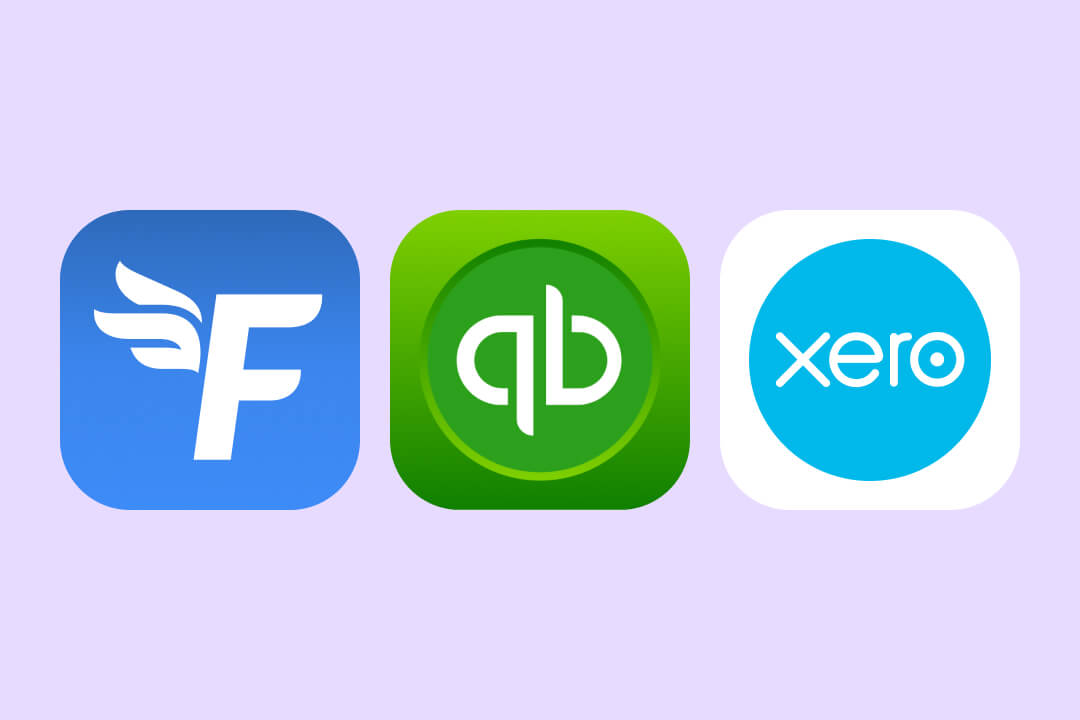
Business
24th May 2024

Business
24th May 2024
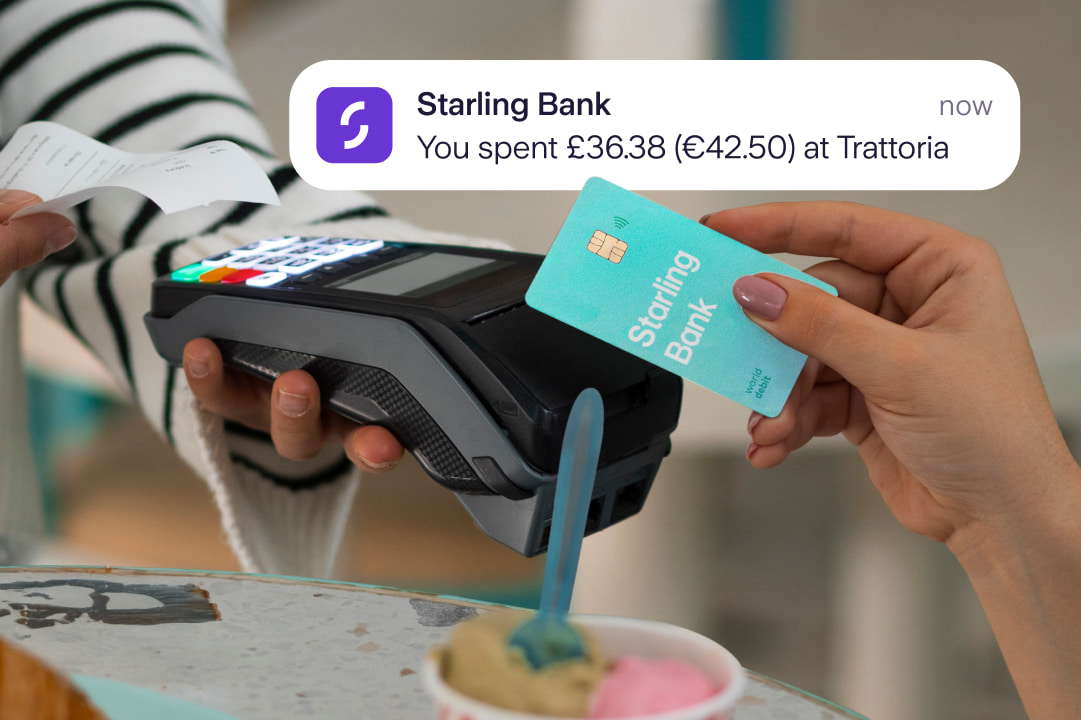
Money Truths
8th July 2025
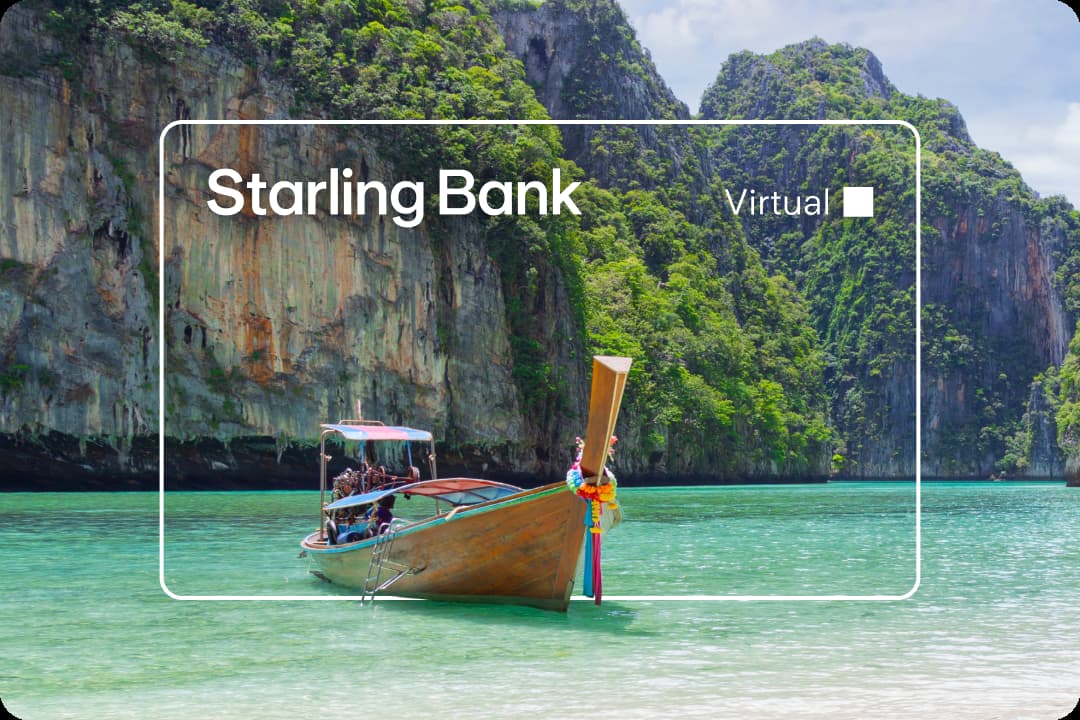
Money Truths
2nd July 2025
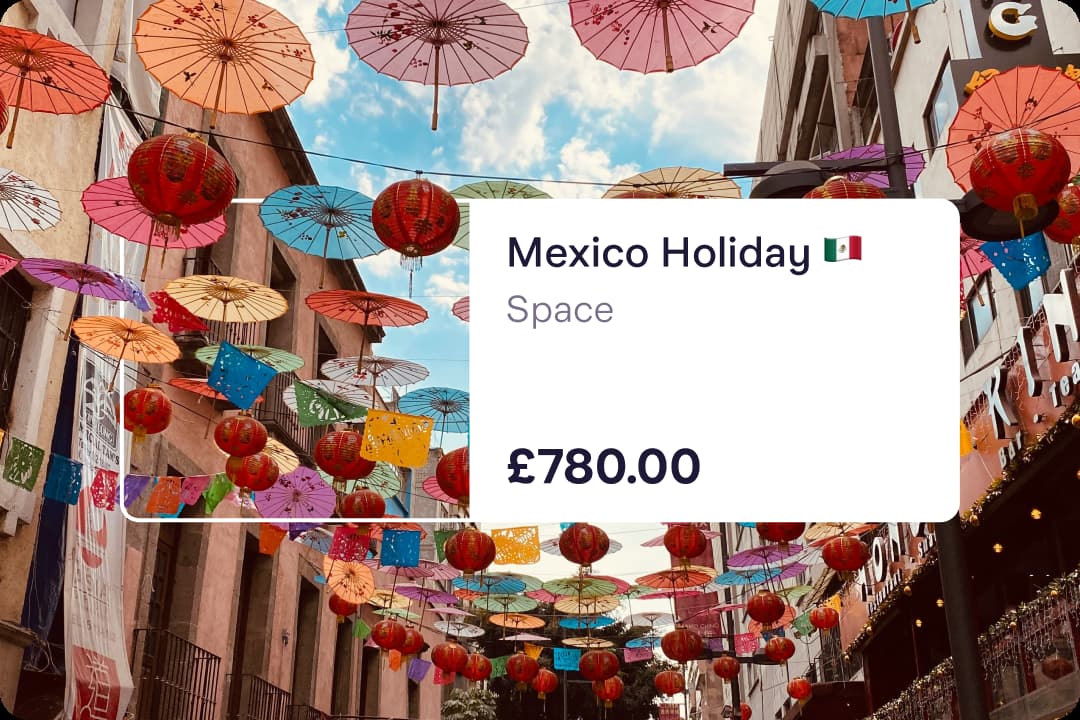
Money Truths
1st July 2025